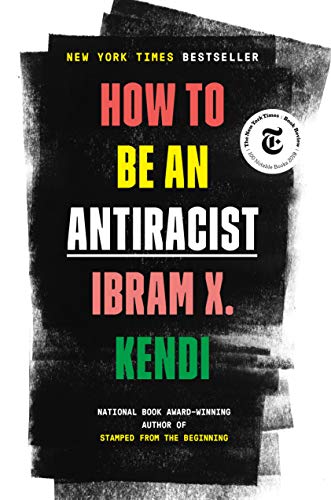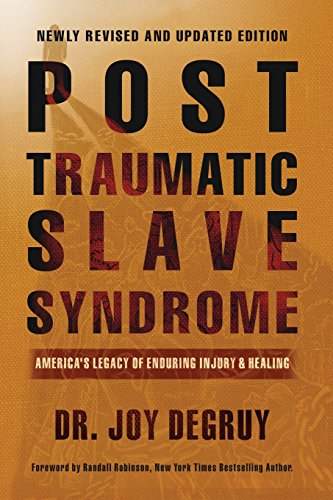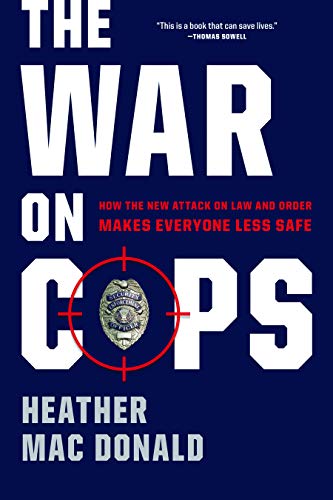How to Be an Antiracist
Think you might want to read this book?
Ibram X. Kendi blends research, personal anecdotes, and history together poetically to paint the picture of what it means to live out the title of this book. How to be an Antiracist will give you the definitions, background, and theories to guide you towards a new way of viewing your role in the world. Should you see race? Is hierarchy implicit in race? How does space play a role in racism? Can capitalism be analyzed without consideration of race? You’ll be taken through these questions and many others on this enlightening journey.
What Would Socrates Ask?
What if current events were embedded in daily learning?
What if discussions of race were common in schools?
What if we taught students the dangers of being (racially) colorblind?
What if a unit of race relations were required for all high school graduates?
What if all educators were trained to understand, and prevent, all microaggressions?
What if the study of peaceful protests, and their effects, were a part of every high school experience?
What if all schools offered a course on social progress?
Research
Nonviolent Black drug offenders remain in prisons for about the same length of time (58.7 months) as violent White criminals (61.7 months).
Black people comprise 13 percent of the U.S. population. And yet, in 2015, Black bodies accounted for at least 26 percent of those killed by police, declining slightly to 24 percent in 2016, 22 percent in 2017, and 21 percent in 2018.
Dark immigrants to the United States, no matter their place of origin, tend to have less wealth and income than light immigrants.
By 2053, the median wealth of Black households is expected to redline at $0, and Latinx households will redline two decades later.
Concepts
Racism is a marriage of racist policies and racist ideas that produces and normalizes racial inequities.
Racial inequity is when two or more racial groups are not standing on approximately equal footing.
“Antiracist”--One who is expressing the idea that racial groups are equals and none needs developing, and is supporting policy that reduces racial inequity.
“Microaggression”--brief, everyday exchanges that send denigrating messages to certain individuals because of their group membership.
“Migrant advantage”--the belief that immigrants and migrants of all races tend to be more resilient and resourceful when compared with the natives of their own countries and the natives of their new countries.
“Double-burden”--the idea that poor blacks are much more likely to live in neighborhoods where other families are poor, creating a poverty of resources and opportunities.
Quotes from the author
“Racist ideas make people of color think less of themselves, which makes them more vulnerable to use racist ideas. Racist ideas make White people think more of themselves, which further attracts them to racists ideas.”
“…the colorblind individual, by ostensibly failing to see race, fails to see racism and falls into racist passivity.”
“We know how to be racist. We know how to pretend to be not racist. Now let’s know how to be antiracist.”
“To be an antiracist is to set lucid definitions of racism/antiracism, racist/antiracist policies, racist/antiracist ideas, racist/antiracist people. To be a racist is to constantly redefine racist in a way that exonerates one’s changing policies, ideas, and personhood.”
“‘Racist’” and ‘antiracist’ are like peelable name tags that are placed and replaced based on what someone is doing or not doing, supporting or expressing in each moment.”
“These are not permanent tattoos.”
“…the root problem of racism is ignorance and hate.”
“What other people call racial microaggressions, I call racist abuse. And I call the zero-tolerance policies preventing and punishing these abusers what they are: antiracist. Only racists shy away from the R-word--racism is steeped in denial.”
“To be antiracist is to focus on ending the racism that shapes the mirages, not to ignore the mirages that shape peoples’ lives.”
“Africa’s residents in the seventeenth and eighteenth centuries didn’t look at the various ethnic groups around them and suddenly see them all as one people, as the same race, as African or Black Africans involved in the slave trade did not believe they were selling their own people--they were usually selling people as different to them as the Europeans waiting on the coast. Ordinary people in West Africa--like ordinary people in Western Europe--identified themselves in ethnic terms during the life of the slave trade. It took a long time, perhaps until the twentieth century, for race making to cast its pall over the entire globe”
“Racist ideas love believers, not thinkers.”
“It is impossible to know racism without understanding its intersection with capitalism.”
“With Black poverty dense and White poverty scattered, Black poverty is visible and surrounds its victims; White poverty blends in.”
“The problem of race has always been at its core the problem of power, not the problem of immorality or ignorance.”
“Policymakers and policies make societies and institutions, not the other way around. The United States is a racist nation because its policymakers and policies have been racist from the beginning.”
“Believe in the possibility that we can strive to be antiracist from this day forward. Believe in the possibility that we can transform our societies to be antiracist from this day forward.”
Quotes from others
“You do not take a person who, for years, has been hobbled by chains and liberte him, bring him up to the starting line of a race and then say, ‘You are free to compete with all the others,’ and still justly believe that you have been completely fair.” -Lyndon B. Johnson
“We have all been programmed to respond to the human difference between us with fear and loathing and to handle that difference in one of three ways: ignore it, and if that is not possible, copy it if we think it is dominant, or destroy it if we think it is subordinate. But we have no patterns for relating across our human differences as equals.” -Audre Lorde
“As long as the mind is enslaved, the body can never be free.” -Dr. Martin Luther King
Gateway to further learning
Referenced books for purchase
The applicability of this book to education is ….
Resources









